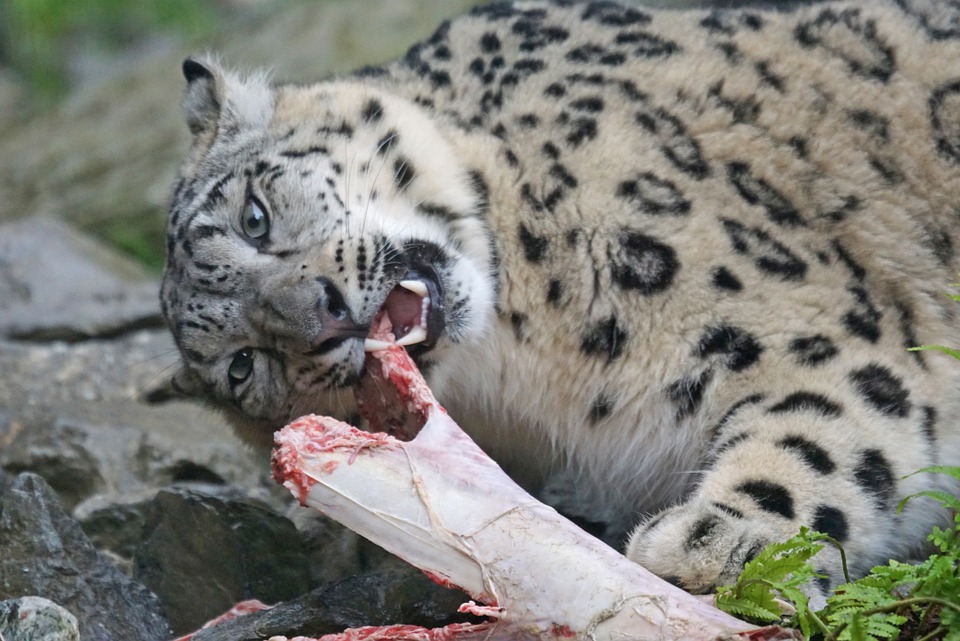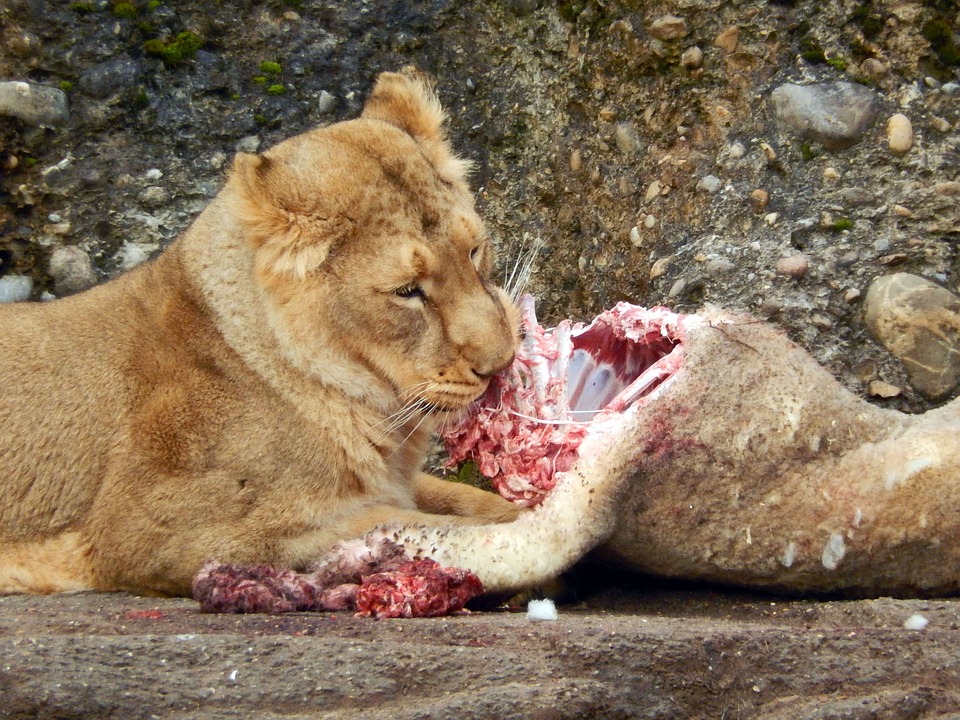This article explores the safety of pistachios for cats, providing a comprehensive overview of their nutritional composition, potential health benefits, associated risks, and safe alternatives. We will delve into the scientific evidence available regarding the effects of pistachios on feline health, offering practical advice and insights to ensure the well-being of your feline companion.
Part 1: The Nutritional Value of Pistachios

1.1 Macronutrient Composition: A Closer Look
- Pistachios are a rich source of healthy fats, specifically monounsaturated fatty acids like oleic acid, which make up around 45% of their total fat content.
- They are a moderate source of protein, providing essential amino acids like arginine, lysine, and methionine, which are crucial for muscle growth and repair.
- Pistachios are relatively low in carbohydrates, with about 10% of their calories coming from carbohydrates, primarily in the form of dietary fibre.
1.2 Micronutrient Profile: A Spectrum of Vitamins and Minerals
- Pistachios are a good source of dietary fibre, particularly insoluble fibre, which aids digestion and promotes regularity.
- They contain various vitamins and minerals, including:
- Vitamin E, a powerful antioxidant that protects cells from damage
- Potassium, essential for maintaining fluid balance and nerve function
- Magnesium, vital for muscle function, energy production, and bone health
- Phosphorus, contributing to bone health and energy metabolism
- Thiamin (vitamin B1), crucial for nerve function and carbohydrate metabolism
- Pistachios also contain antioxidants, such as lutein and zeaxanthin, which are beneficial for eye health.
Part 2: Potential Health Benefits of Pistachios for Humans

2.1 Heart Health: A Focus on Monounsaturated Fats
- The monounsaturated fats in pistachios have been linked to improved heart health in humans.
- These fats may help reduce LDL ("bad") cholesterol levels and increase HDL ("good") cholesterol levels, thereby reducing the risk of cardiovascular disease.
- Studies suggest that consuming pistachios as part of a balanced diet may contribute to lower blood pressure and improved blood vessel function.
2.2 Improved Digestion: The Role of Dietary Fibre
- The dietary fibre in pistachios, primarily insoluble fibre, aids in digestion and promotes regularity.
- Fibre adds bulk to stools, making them easier to pass and preventing constipation.
- It also stimulates the growth of beneficial bacteria in the gut, contributing to a healthy digestive system.
2.3 Antioxidant Properties: Protecting Against Cellular Damage
- Pistachios contain various antioxidants, including vitamin E, lutein, zeaxanthin, and flavonoids.
- These antioxidants help protect cells from damage caused by free radicals, which are unstable molecules that can contribute to aging and disease.
- Studies suggest that consuming antioxidants may reduce the risk of chronic diseases such as cancer, heart disease, and Alzheimer's disease.
Part 3: Risks Associated with Feeding Pistachios to Cats
3.1 Gastrointestinal Issues: Potential for Upset and Blockage
- The high fat content of pistachios can upset a cat's sensitive digestive system, leading to vomiting, diarrhoea, and abdominal pain.
- The hard shell of pistachios can be a choking hazard for cats, especially kittens, as they may struggle to break it down.
- Additionally, the shell fragments can irritate the digestive tract and cause intestinal blockage, potentially requiring surgical intervention.
3.2 Toxicity: Potential for Allergic Reactions
- While pistachios are not inherently toxic to cats, they may contain compounds that can cause adverse reactions in some individuals.
- Some cats may exhibit signs of allergy, such as skin irritation, itching, or digestive upset, after consuming pistachios.
- It's crucial to monitor your cat closely for any unusual symptoms after they've had access to pistachios.
3.3 Obesity: Calorie Density and Weight Gain
- Pistachios are calorie-dense, containing around 160 calories per ounce.
- Overfeeding pistachios can lead to weight gain and obesity in cats, increasing the risk of various health problems.
- Obesity is a significant health concern in cats, contributing to conditions like diabetes, arthritis, heart disease, and respiratory issues.
Part 4: Safe Alternatives to Pistachios for Cats: Nutrient-Rich Treats
4.1 Cat-Friendly Snacks: Delicious and Healthy Options
- Cats can enjoy a variety of safe and healthy snacks, including:
- Cooked chicken, turkey, or fish without bones, providing protein and essential fatty acids
- Small amounts of plain cooked vegetables like carrots, green beans, or broccoli, offering fibre and vitamins
- Commercial cat treats formulated for cats, available in various flavours and textures, ensuring nutritional balance
4.2 Nutritional Supplements: Addressing Specific Needs
- If your cat is lacking specific nutrients, consult your veterinarian about the use of nutritional supplements.
- Supplements are available to address various needs, including:
- Joint health, supporting mobility and reducing inflammation
- Hairball control, reducing hair accumulation in the digestive tract
- Urinary tract health, maintaining proper urinary function
- Always choose supplements specifically designed for cats and follow the recommended dosage guidelines.
Part 5: Recognising Signs of Potential Poisoning: Early Detection is Key
5.1 Common Symptoms: Identifying Potential Issues
- Vomiting, indicating irritation or upset of the digestive tract
- Diarrhoea, suggesting digestive disturbance or inflammation
- Abdominal pain, expressed through vocalisation, restlessness, or avoiding touch
- Loss of appetite, indicating a lack of interest in food due to discomfort
- Lethargy, suggesting weakness, fatigue, or lack of energy
- Weakness, manifested through difficulty standing or walking
- Tremors, involuntary muscle contractions, indicating neurological problems
- Seizures, uncontrolled electrical activity in the brain, a serious health concern
5.2 Immediate Action: Contacting Your Veterinarian
- If you suspect your cat has ingested pistachios or other potentially toxic substances, contact your veterinarian immediately.
- Provide detailed information about the suspected substance, the amount ingested, and any observed symptoms.
- Follow your veterinarian's instructions carefully and seek prompt medical attention for your cat.
Part 6: FAQs: Addressing Common Concerns
6.1 Can I give my cat a small amount of pistachio?
It's not recommended to give your cat any pistachios, even in small amounts. The risks associated with pistachio consumption outweigh any potential benefits, particularly considering their high fat content and potential for digestive upset.
6.2 What if my cat eats a pistachio by accident?
If your cat accidentally eats a pistachio, monitor them closely for any signs of illness, such as vomiting, diarrhoea, or abdominal pain. Contact your veterinarian immediately if you notice any unusual symptoms.
6.3 Are roasted pistachios safer for cats than raw pistachios?
Both roasted and raw pistachios pose risks to cats. The roasting process does not eliminate the potential for gastrointestinal upset or toxicity. The hard shell remains a choking hazard, and the high fat content can still cause digestive issues.
6.4 Are pistachio shells harmful to cats?
Pistachio shells are a choking hazard and can cause intestinal blockages in cats. It's crucial to keep pistachios and their shells out of reach of your feline companion. Ingesting even small pieces of shell can lead to serious complications.
6.5 Can I give my cat a pistachio-flavoured treat?
It's best to avoid giving your cat any treats that contain pistachios or other ingredients that are not safe for feline consumption. Look for treats specifically formulated for cats and made with safe, digestible ingredients.
6.6 Are there any benefits to feeding my cat pistachios?
While pistachios contain some nutrients, the risks associated with feeding them to cats outweigh any potential benefits. Stick to a balanced diet of cat food and safe, appropriate cat treats.
6.7 Can cats eat pistachio nuts in their shells?
Cats should never be given pistachios in their shells. The hard shells are a choking hazard and can cause intestinal blockages. Even if your cat manages to crack the shell, the fragments can still cause irritation and blockages in the digestive tract.
6.8 Are unsalted pistachios safer for cats?
While unsalted pistachios may seem like a safer option, they still carry the same risks of gastrointestinal upset, potential toxicity, and choking hazards. The salt content is not the primary concern, but rather the high fat content and the potential for allergic reactions.
6.9 Can I give my cat pistachios if they're cooked?
Cooking pistachios does not eliminate the risks associated with feeding them to cats. The high fat content, the potential for allergic reactions, and the choking hazard from the shells remain.
6.10 What are the signs of pistachio poisoning in cats?
The signs of pistachio poisoning in cats are similar to those of other types of food poisoning. These signs include vomiting, diarrhoea, abdominal pain, loss of appetite, lethargy, weakness, tremors, and seizures. If you suspect your cat has ingested pistachios, contact your veterinarian immediately.
Everyone is watching

Are Cat Ribs Flexible? Understanding Their Anatomy
CATS & KITTENSThis article delves into the fascinating world of feline anatomy, exploring the flexibility of cat ribs and ho...

Can Cats Eat Bananas? (Everything You Need to Know)
CATS & KITTENSThis article dives into the intriguing question of whether cats can safely enjoy the sweet, yellow fruit, bana...

Cat Lifespan: How Long Do Cats Live?
CATS & KITTENSThis comprehensive guide explores the factors influencing the lifespan of our feline companions, providing ins...

Can Cats Get COVID-19? What You Need to Know
CATS & KITTENSThis article will delve into the fascinating world of feline COVID-19 susceptibility. We'll explore whether ca...

Can Cats Eat Eggs? A Complete Guide to Egg Safety for Your Feline Friend
CATS & KITTENSWhen it comes to treating our furry companions, we all want to ensure we're doing what's best for them. Eggs...
